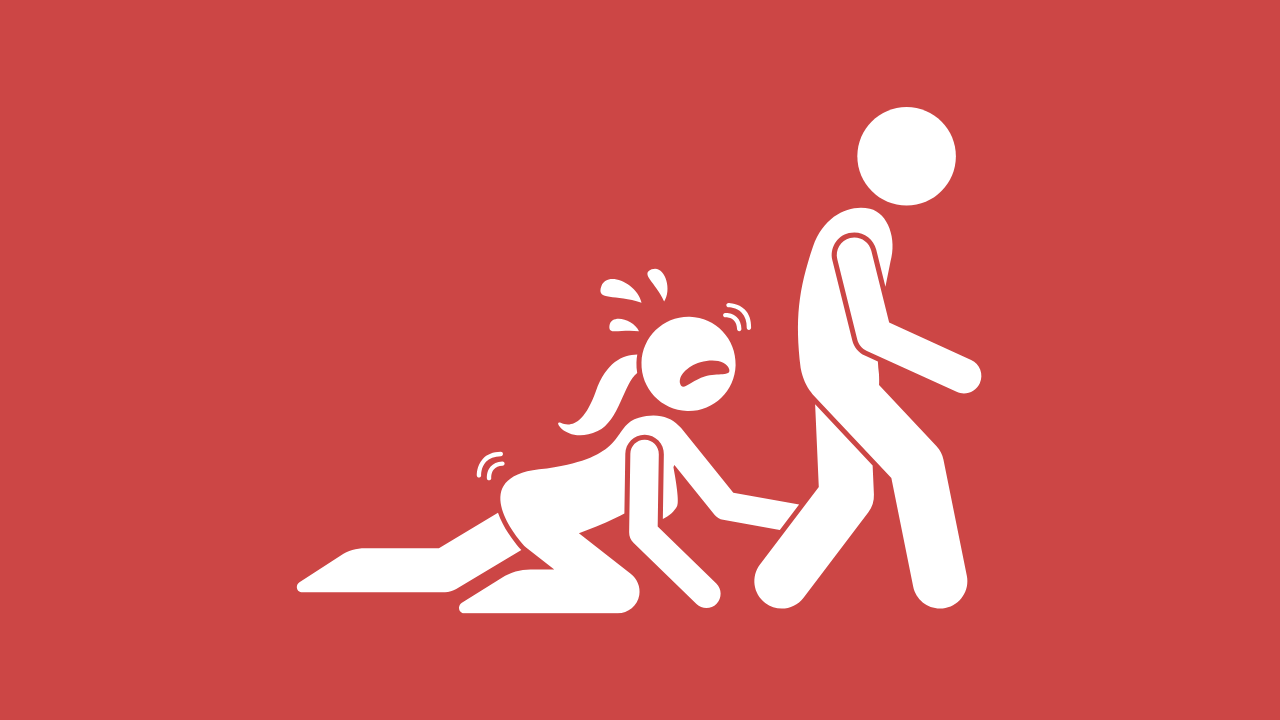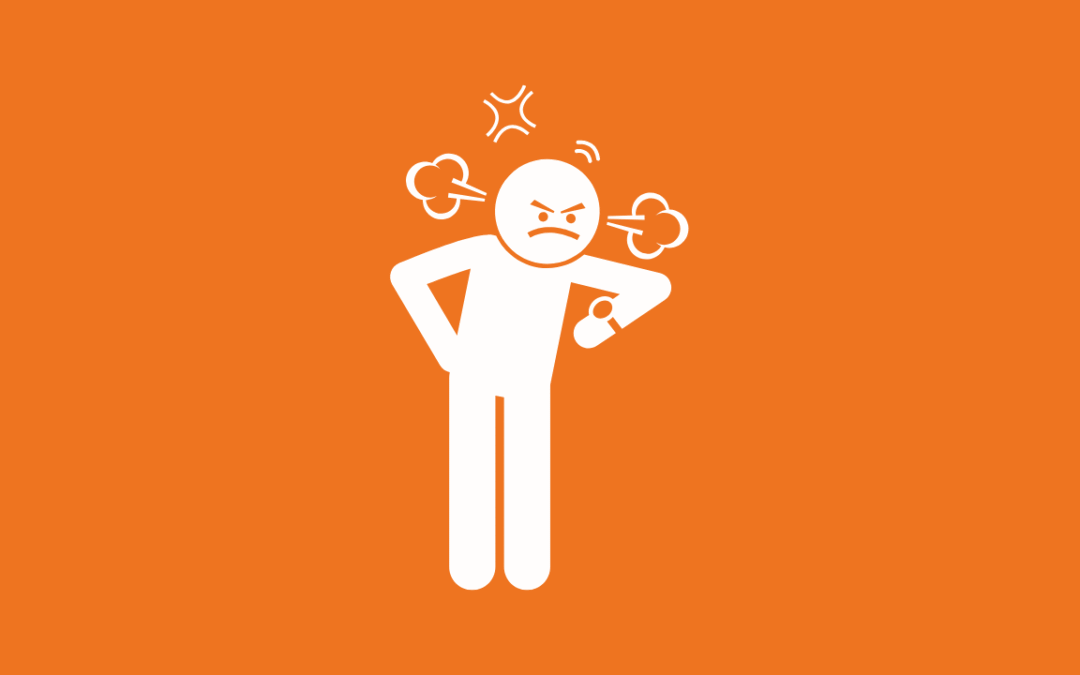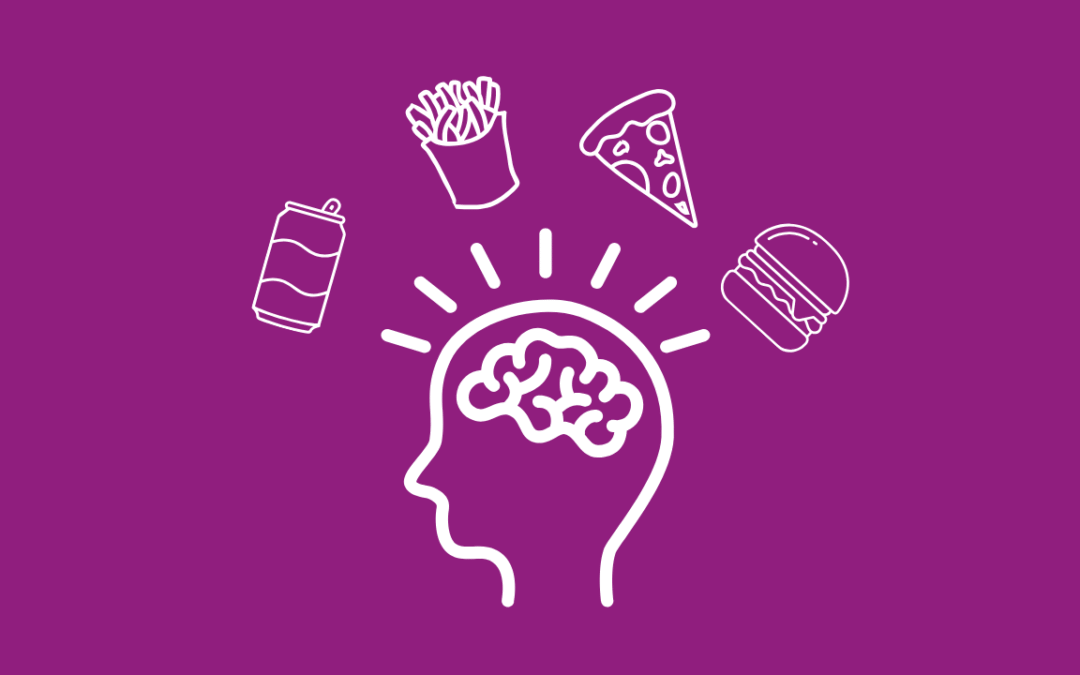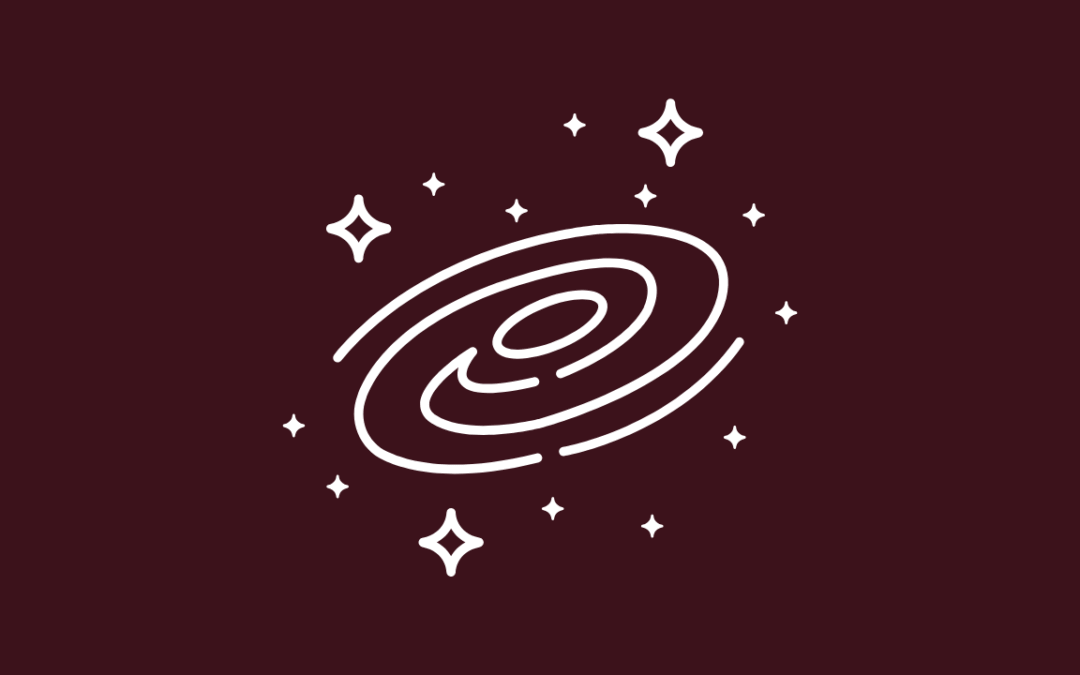Prefer to listen? Click here.
I was just watching an EPIC little video clip by Aaron Doughty when I had a big realisation about how codependent I am. Before we go further, let’s define codependency:
“It is typically recognised as excessive emotional or psychological reliance on a partner, parent, child, or other person.” (Bacon & Conway, 2023; Hunt, 2013).
Another description is: when your sense of self-worth and emotions depend on someone else.
I’d also call it a loss of sovereignty.
I noticed that I’d been so focused on what other people think, feel and need in life, that I lost myself in the process.
I’d been so focussed on my relationship with other people (and not in a good way) that I lost my relationship with myself.
That hurt. It made me sad. 😔 So, I’m doing something about it. 💪
But first…
Here’s some examples of codependency in daily life
To recognise codependency in yourself, see if you relate to any of these:
Do you care for others at your own expense?
I can deplete myself trying to meet people’s needs and even over anticipate them.
Do you seek approval and validation?
Approval is nice, but when it becomes a core driver in your life you’ll be knocked down if you don’t get it. I can vouch for that.
Do you prioritise other people’s opinions over your own?
Sometimes I forget opinions aren’t instructions. I don’t have to agree and always do what other people think. Codependency make us negate our own inner truth and wisdom, sometimes without realising it.
Are you hypervigilant?
This means being highly sensitive to other people’s moods, energy and expressions. I can pick up on the tiniest shifts in other people’s emotions, tone and facial expressions. That might sound like a superpower, but it’s a problem when it leads to misinterpretation and thinking everything someone else does is about you. Newsflash: it’s not.
At the end of this blog I’ve linked 20 signs of codependency you can check in with.
The bottom line is this: Codependency is unhealthy but it’s not something to be ashamed of.
Codependency once helped us survive
We learned it in childhood. It’s an adaptation to trauma or dysfunction such as abuse, neglect, abandonment, divorce, and emotionally unstable caregivers.
I grew up in a very abusive environment. To survive, I projected my energy outward instead of focusing on, and being grounded in, my sense of self, my sovereign being.
- I became hypervigilant to spot signs of violence or rage in people around me. A slight change in someone’s look or tone of voice could send me running for safety.
- I learned to people please to avoid punishment.
- I suppressed my emotions while feeling responsible for everyone else’s.
- I became enmeshed and reliant on others for approval and direction.
- I didn’t fully lose my true self – we never do – but I learned to override it to preserve my primary relationships. This is sometimes referred to as choosing attachment over authenticity.
None of this was conscious by way. As children, our intelligence finds ways to secure love and attachment and protect us from harm as best it can, and the result is codependency. It’s normal and actually very clever. That’s why I say it’s nothing to be ashamed of.
But eventually, it needs to end. ✋
codependency doesn’t help us thrive
As kids, it may have kept us alive and helped us survive, but as adults, it doesn’t help us thrive and it’s actually harmful.
This deep entanglement and unhealthy level of focus on other people leaves us exhausted, stressed, anxious and sick. (There’s actually evidence to show that people pleasers tend to suffer certain chronic illness later in life – check out Gabor Maté’s book “When the body says no“).
Hyper focus on what other people think and feel prevents us from making sovereign decisions for ourselves, trusting ourselves, living our truth, taking bold action and creating our dreams.
Codependency keeps us stuck in survival mode which drains our energy as we’re constantly scanning for danger, rejection or abandonment and working so hard to avoid these things.
Codependency can also damage healthy relationships. Balanced people don’t want to be excessively cared for, hyper-fixated on or continually asked for permission and approval before you do anything. Anyone who does want that is the other side of the codependency coin – it takes two to tango and you’re both stuck in the dance. 🙈
It’s time for change
If you think you’re suffering from codependency, reflect on how you might start reclaiming your sense of self. If this is new to you, I recommend learning more about it.
Here are some ways I’m working on it:
- Not over anticipating others’ needs
- Making decisions without always asking for opinions
- Saying “no” more, and voicing my needs without making them wrong
- Not asking permission, just doing what feels true
- Not assuming others people’s moods are about me
- Not taking responsibility for other people’s emotions
Of course, context matters. For example, in the workplace you’ll often need to seek opinions before making a decision and, if you’re visiting someone’s home please do ask permission before barging in! You get the idea.
Another tool that may help is my visualisation exercise to reclaim your sense of self. If you’re listening to this blog in audio I’ll link it somewhere around the post:
Rinse and repeat this visualisation as many times as you like! Whenever you feel yourself running away with the people out there, dissolving and losing yourself, stop, and draw yourself back using this visualisation. Do this over and over, until feeling sovereign and ‘full’ becomes natural to you. 💗
As promised: 20 signs and symptoms of codependency: https://positivepsychology.com/codependency-definition-signs-worksheets/




